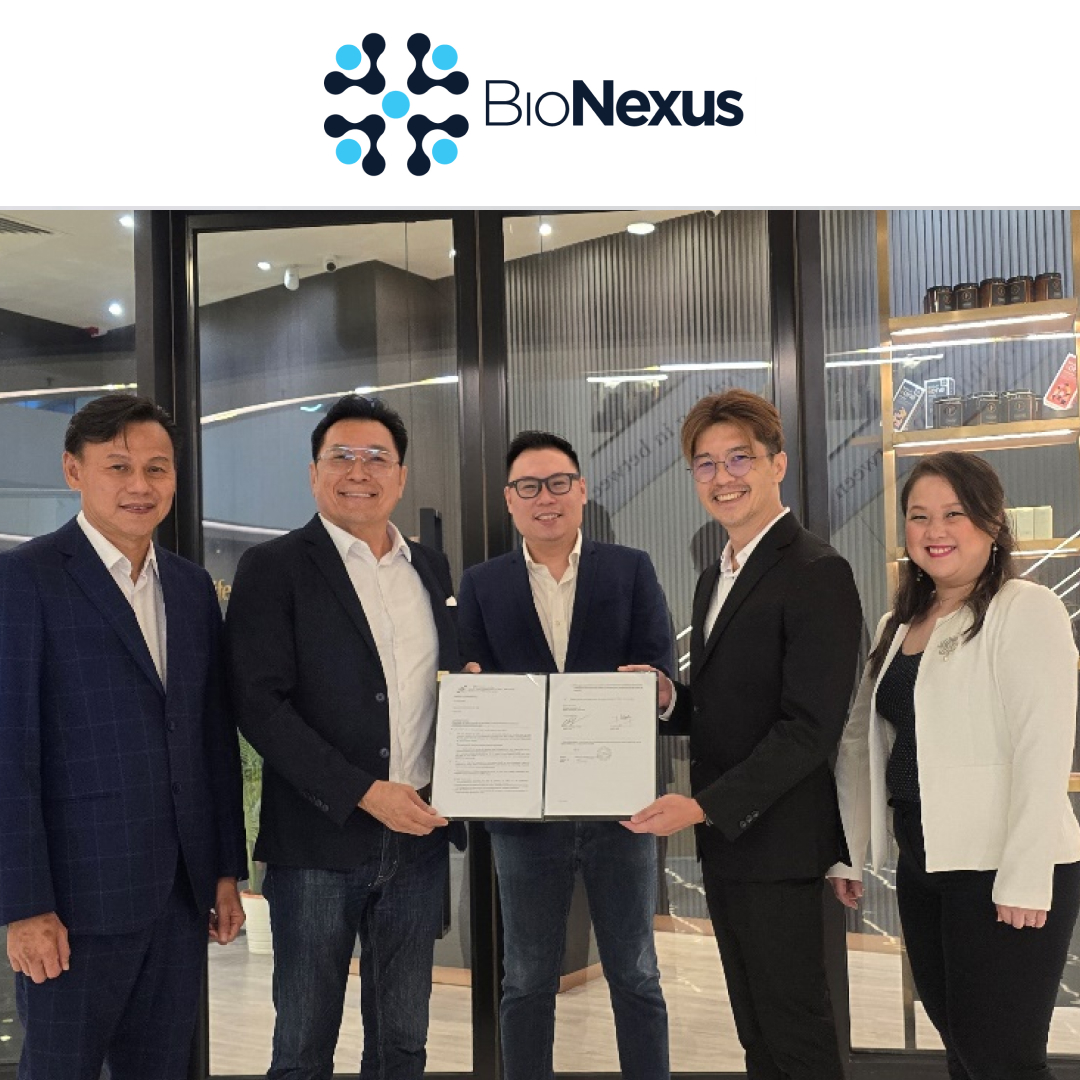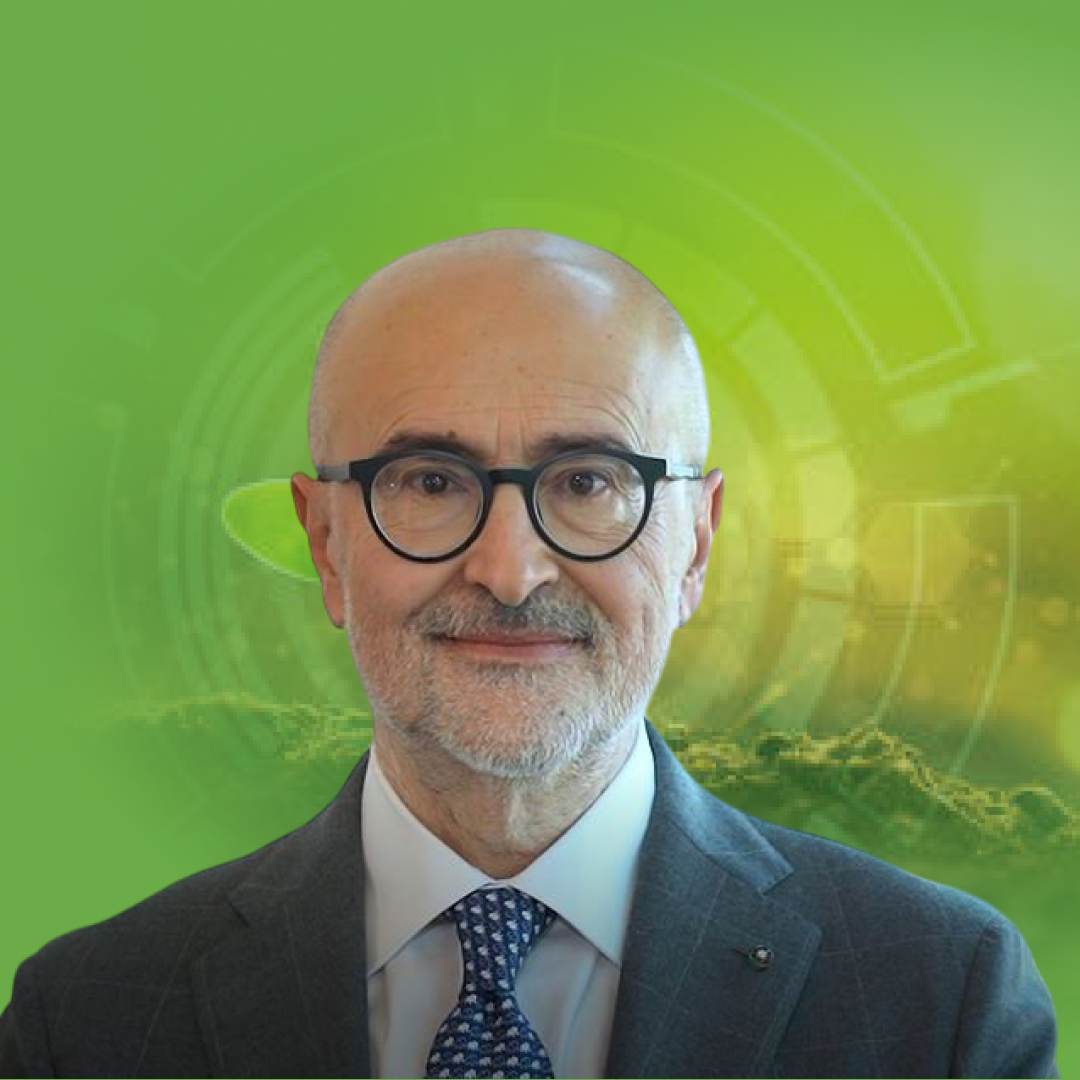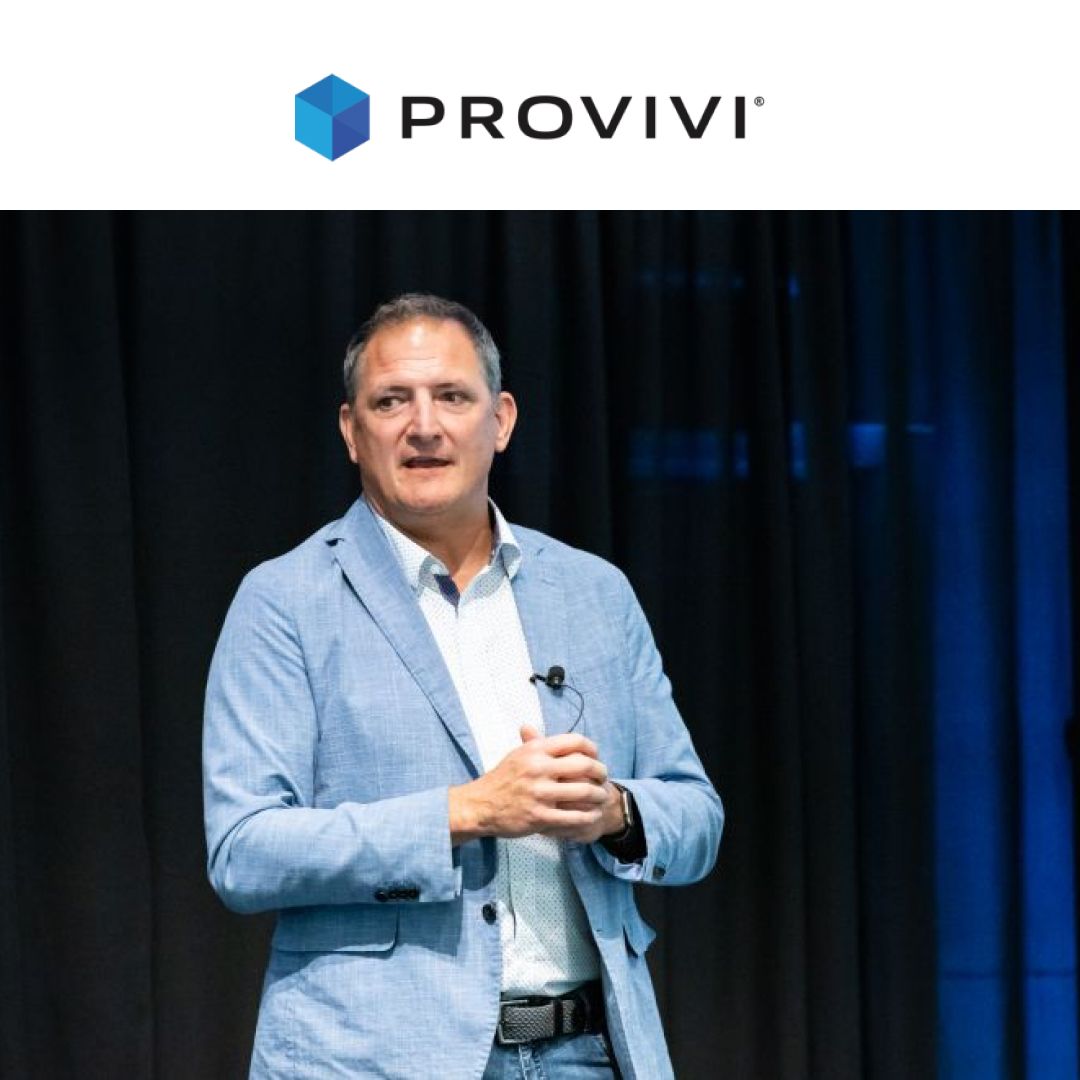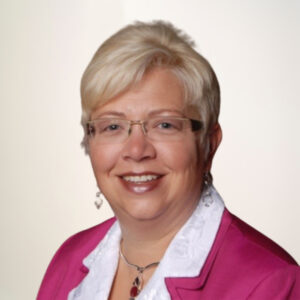
Cultivating Success: Spotlight on Dr. Jacqueline Applegate in Agriculture
Dr. Jacqueline (Jackie) Applegate is the President of Bayer Crop Science North America and a part of the Crop Science Executive Leadership Team. Jackie joined Bayer in 1992 and has held leadership positions all over the world, including Head of Global Vegetable Seeds and Environmental Science, President of Environmental Science; Senior Bayer Representative for Australia and New Zealand; President of Environmental Science North America; Vice President of Environmental Science Consumer Products; and Head of Global Project Management. She also served as the Culture and Change Management Lead for the Bayer/Monsanto integration.
Jackie is active in multiple philanthropic, community, and business organizations. A passionate advocate for ag youth, she serves on the board of trustees of the National 4-H Council. Additionally, she is a member of the Crop Life America Board of Directors. A strong leader in career development, Jackie is the National Executive Co-sponsor of Bayer’s employee-led resource group GROW, which advocates for women advancement in leadership. Jackie holds a bachelor’s degree in chemistry from Wright State University, earned her MBA from Rockhurst College, and holds a doctorate in organic chemistry from Iowa State University. In her free time, she enjoys cooking, traveling, and spending time with her son, Matthew.
Q1. Tell us about your career path. You have been in the Food and Agriculture industry and with Bayer for all your professional years. How would you describe your journey? What has been your favorite part?
When I began my professional journey, I had no idea that my passion for science and solving problems would lead to such exciting opportunities! I just knew that I never wanted to stop learning. While earning my PhD in organic chemistry, a professor told me that I would be an effective leader and should go to a large organization to make a difference. I interviewed with 11 different companies after graduation but ultimately decided upon Bayer because everyone seemed like a close-knit family. And the rest is history. I’m approaching my 31st anniversary with the company in September.
As I reflect on my career with Bayer, I’m grateful for the amazing opportunities I’ve had to grow and evolve as a leader. From starting as a Process Development Chemist at our manufacturing facility in Kansas City, Missouri where I was wearing a hard hat and steel-toed shoes every day to becoming the President of the Crop Science North America division and be responsible for the largest region worth more than $9B in net sales. It is nothing short of exciting and rewarding. I’ve had the opportunity to walk with farmers on six continents and have been able to see firsthand the difference Bayer makes for the men and women who work so hard to provide healthy food, feed, fuel, and fiber and support the basic necessities of greater society.
Q2. You have held so many senior positions in your career and are on boards of various organizations. What motivates you to be a women leader in bio-agriculture or a leader in general?
I’ve come a long way since starting at the manufacturing facility to where I am today. Back then, I was the sole woman on my team and one of the very few women at the facility. What I’ve learned through that experience is that representation matters. When people see themselves reflected in leadership positions, it inspires them to take on greater opportunities. That’s why I’m a fierce advocate for what we call IDEA at Bayer US – Inclusion, Diversity, Equity, and Access – because I want to empower others to be their best possible selves. I’m also proud to serve as the Executive Sponsor of Bayer’s business resource network Growing Representation and Opportunities for Women (GROW) to advocate for women across Bayer North America. This is a key responsibility of any leader to help remove roadblocks and pave the way for others.
Q3. You have spent so many years in the agriculture industry. What changes have you observed in the roles played by women and attitudes towards them over the years?
Today, I see more and more women getting involved in STEM and agriculture at a younger age, thanks in part to outreach from the industry. We still don’t have the diversity we desire in the industry; we’re seeing promising trends of more women in agriculture taking on leadership positions from on the farm to in the office. I’m proud to look back on the innovations accomplished in agriculture during my 30 years at Bayer and see the fingerprints of brilliant women everywhere I look.
Q4. I understand that you serve on the board of various philanthropic organizations, some of them working in areas related to agriculture and some with women. What do you want to see for the future of younger women in their career path, especially in the BioAg industry?
In addition to my role at Bayer, I serve on the Board of Trustees for 4-H and the Board of Directors for Forest Park Forever and Crop Life America along with participating in events with youth organizations as much as possible.
I want a future for this next generation of women leaders where they see no limits to their careers. I do believe we can “have it all” – we just need to understand our priorities, adjust our expectations and find our balance to define what that means to us.
At the end of the day, we need to take true ownership of our careers. Take your seat at the table. Build your network. Find what fuels you. And then make choices based on what fuels you. That will look wildly different from person to person. I hope in the future young women can define their own ideal and build it – with the support of a wonderful network.
Q5. With time, more and more women are entering the agriculture industry. What would you advise them to have a fruitful career in the industry?
One of my mantras is to go “ALL IN.” It’s about Adapting, Learning, Listening, Including, and Networking in your career. I’ve found these skills helped me focus on advancing my career and the people around me. This approach doesn’t mean that you’re changing everything in your life or letting your career take total control! But it does mean that you’re committed to doing what it takes to make your dreams a reality. Really, in the end, that’s how dreams work after all.
Careers aren’t built overnight, and they’re not made by individuals alone. People – especially women – need to surround themselves with a support network of allies, mentors, and sponsors. Take advantage of opportunities to meet other like-minded individuals in your industry. And don’t hesitate to ask them for help or advice when you need it. Remember to also build networks outside of your profession as I’ve found it can open doors.
Q6. As a senior women leader, what are your future aspirations? What are your goals for Bayer or the industry?
I want to continue to build steppingstones for the next generation of leaders in agriculture, especially women, people of color, and other underrepresented groups. I’ve been given amazing opportunities in agriculture through Bayer, and I want to create those same opportunities for others. Especially since we know attracting diverse talent to agriculture today will help us ensure the industry realizes success in the future. My goal for Bayer and the industry is for us to keep challenging the status quo of what’s possible and pushing for new opportunities that benefit farmers and our planet.
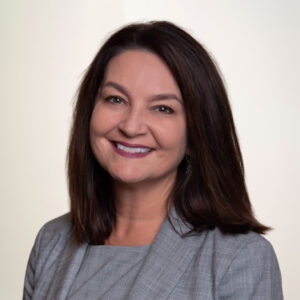
Cultivating Success: Spotlight on Dr. Toni Bucci in Agriculture
Dr. Toni Riggin Bucci has over 20 years of experience working in the agriculture industry. She spent 23 years at BASF where she started her career as an R&D biologist eventually moving into sales & marketing and business management. Toni came to AgBiome in November 2018 to lead day-to-day commercial operations and is currently their Chief Operating Officer. She holds a B.S. in Biology/Chemistry from Augusta State University, an M.S. in Entomology from the University of Georgia, and a Ph.D. in Entomology/Genetics from North Carolina State University. In her spare time, she enjoys horseback riding, physical fitness, music, and spending time with her family which includes her husband and three children.
Q1. You have diverse and vast experience in different aspects of agriculture from R&D to Marketing to Management. How has your experience been? What has been your main motivation to become a leader in BioAgriculture?
My career has been such an exciting journey! I am so grateful to the industry and my previous and current co-workers for constantly stretching me and introducing me to new challenges. I have had so many great experiences in all of the various roles I have had, and I wouldn’t change anything. However, I don’t know that I was ever purposeful in pursuing leadership in BioAgriculture. I think it happened largely due to my passion for sustainable agriculture and my ability to recognize and promote talented individuals!
Q2. You have now spent over 20 years in the agriculture industry. How do you feel the role of women is changing in this dynamic space of BioAgriculture?
While there is still work to be done regarding increasing the presence of female leadership in traditional agriculture, the BioAg world is more progressive as it pertains to diversity. I think that’s because BioAg, as an industry, tends to be younger and more contemporary. As a result, the industry is more reflective of present societal expectations around women in leadership and certainly not shy in acknowledging and promoting the role women play in leadership. There are so many amazing women in leadership roles today, but even more are just starting or cultivating their careers. Now is a great time for women to start or progress their careers in BioAgriculture!
Q3. You have previously received awards like the WIA Demeter Award of Excellence and the TBJ Women in Business Award, an ideal for women in the beginning phases of their agricultural careers. What message would you give to them to be successful?
Never second guess your ability to do a job or be successful in a role. You should always expect some discomfort in starting a new position because that means you are learning. Remember, particularly as women, we are typically our own worst critics. Don’t listen to the voices in your head telling you are not ready. There are others who believe in you and for whom you are a role model. If you wait until you feel completely ready for a new role, you may be depriving yourself of growth and depriving others of experiencing your leadership.
Secondly, I would say know your development areas but play to your strengths and surround yourself with diverse individuals who can help you balance your needs and strengths. No one expects perfection, but many women spend too much time trying to fix things versus celebrating the areas where they are really good. If you don’t know where you need help and where you excel, ask for feedback. Establish an advisory board of friends, family, co-workers, subordinates, and managers who can help give you that feedback.
Q4. Agriculture is a very dynamic industry and has been revolutionized by innovations. What is going to be the next big leap in the agriculture industry?
I think Artificial Intelligence (AI) is probably one of the next big leaps in agriculture. The complexity of agriculture is incredibly vast and unpredictable. Using AI to predict impacts of weather, soil health, pests/diseases, nutrition, etc. all in a way that helps growers be more successful and make better decisions can help ultimately increase the potential for feeding our ever-increasing world population.
Q5. What are your future goals for AgBiome and sustainable agriculture? How do you want to get there?
AgBiome has so much more to give to the industry. We have robust science, an enabling culture, and a passion for discovering, developing, and commercializing bio-based products that help our industry work more sustainably. My goal is that we at AgBiome, but also the industry in general, continue to quickly address current unmet needs but, probably more importantly, proactively address future challenges. While the agriculture industry tends to be conservative and slow-moving, when a problem pops up, growers need fast solutions. Sustainability doesn’t just mean protecting the environment, it also means protecting and sustaining the farmer’s business. Remembering that they are the pivotal point in this entire value chain will be essential in continuing to drive demand for bio-based products. That means hearing their needs and moving swiftly. We need to understand their challenges and how they can best incorporate BioAg technology into their operations. It means working as partners to ensure the future success of BioAg and productive farming.

